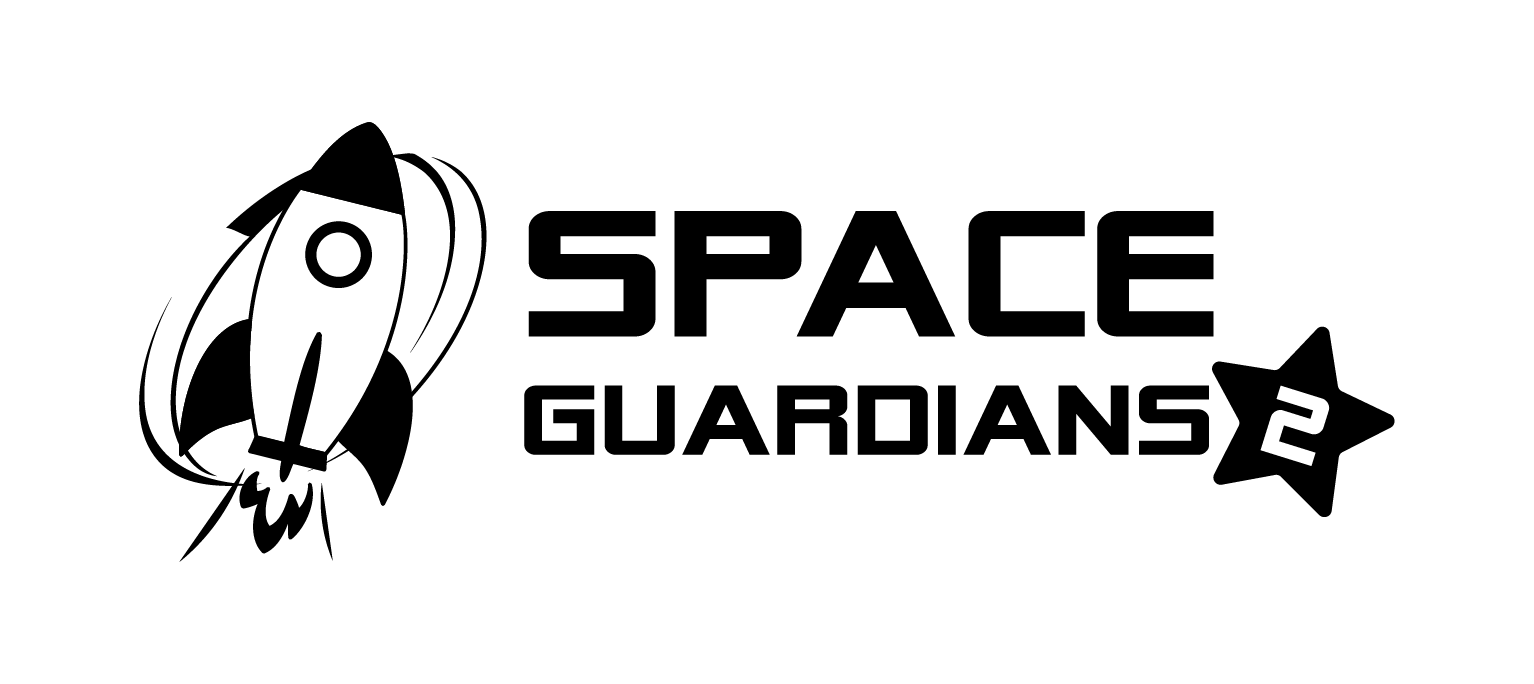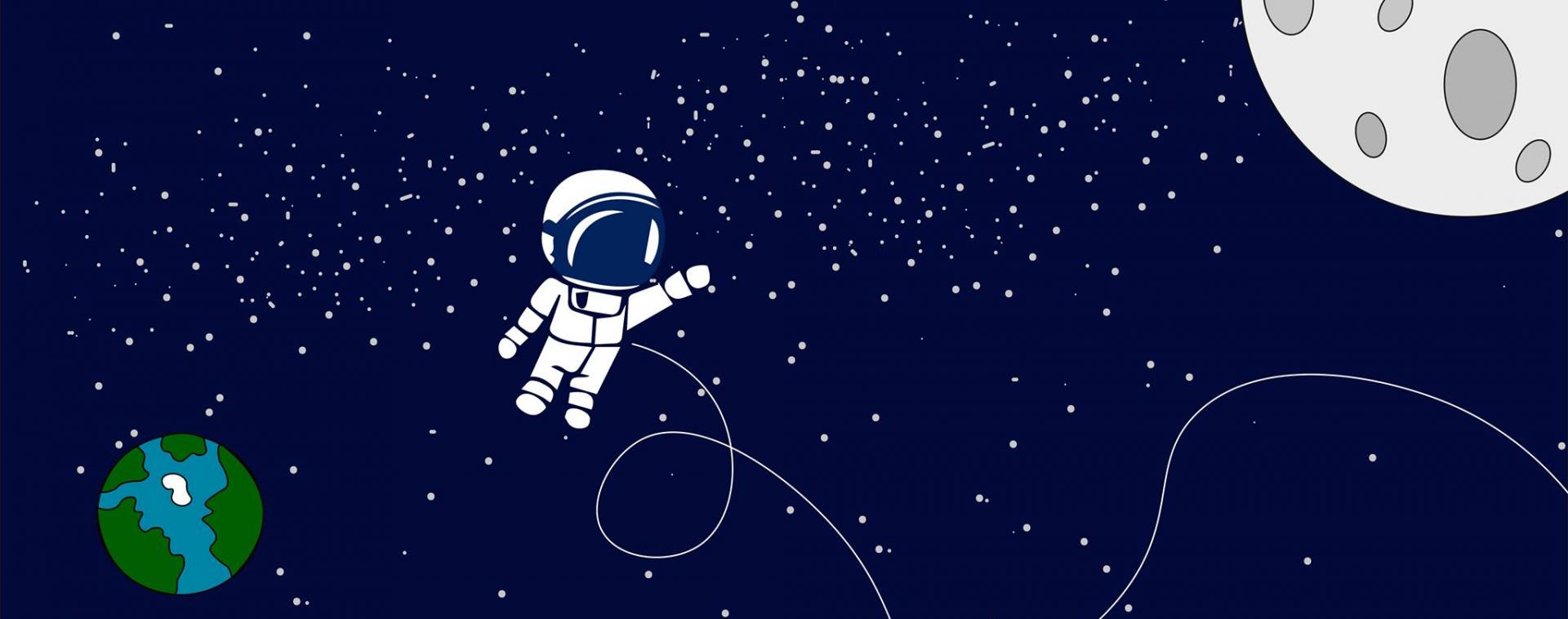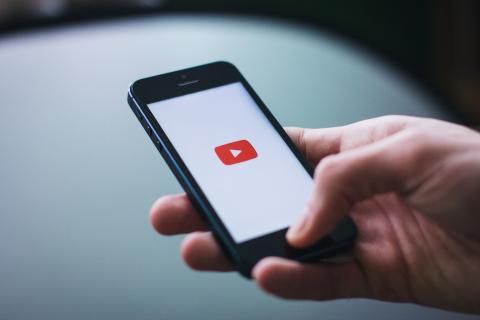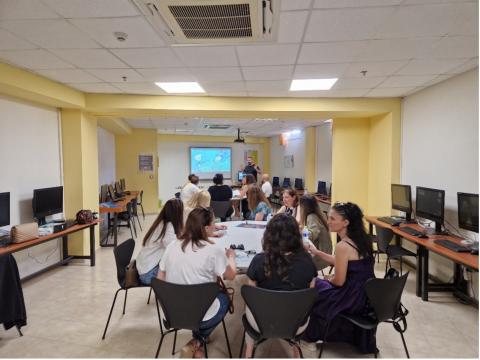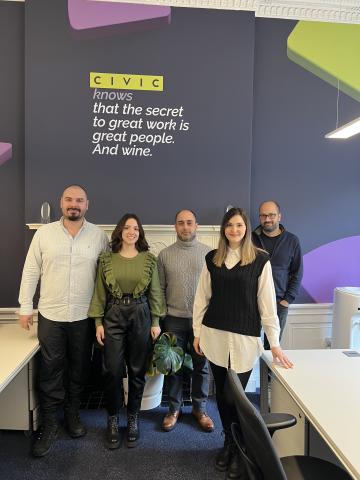Background
“Astronomy literacy” implies not only knowledge and understanding of the Earth and its interaction with other celestial objects, but also an understanding of the scientific processes used to produce those concepts. Therefore, Astronomy, as part of the science education, can no longer be viewed as only an elite training for future scientists or engineers, but also as an essential knowledge of and about science able to prepare people to be actively engaged and become responsible, creative and innovative citizens and able to work collaboratively.
Astronomy has a strong motivational nature that promotes science literacy and may encourage students to pursue future careers in STEM. However, with few exceptions in Europe, Astronomy education is mainly rooted into secondary school curricula, less into primary school, while children at pre-school have usually little or no contact with Astronomy.
Aims & benefits
Promoting the acquisition of skills and competencies
Astronomy literacy encompasses a wide set of concepts and competencies. It implies not only knowledge and understanding of the Earth and its interaction with other celestial objects, but also an understanding of the scientific processes used to produce those concepts. This knowledge of and about science are essential to prepare people to be actively engaged and responsible citizens, creative and innovative, able to work collaboratively and fully aware of and conversant with the complex challenges facing society.
Thus, Astronomy literacy contributes to empower people and to prepare them to exercise their European citizenship in full, as well as to better prepare youngsters for the knowledge-based economy.
Increasing the levels of achievement and interest in STEM
Space Guardians is a partnership between companies, a school, and a research institution, thus contributing to an effective dialogue between key actors, capable of resulting in the development and testing of an innovative teaching tool and pedagogy for the Astronomy education of children.
The partners aim to demonstrate the benefits and stimulate a closer relation between different actors in the society around Astronomy and STEM education.
Open and innovative practices in a digital era
Space Guardians use innovative ICT based approaches for the learning of Astronomy concepts and competences of young children. These include the creation of an interactive eBook and a boardgame with embedded digital contents for an enhanced learning experience
This brings a new game-based and ICT-based learning approach to the classroom that differs from the common and widespread teacher-driven approaches and that is only possible in this new digital Era.
Strengthening the recruitment, selection, and induction of Educators
Space Guardians also targets educators by developing learning solutions they can use and by specifically training them in the use of the new tools made available by the project. Within the Pilot Testing activities, the partnership train a group of educators, contributing to develop their Astronomy literacy, as well as some ICT skills.
The Space Guardians Projects
In order to achieve their aims the Space Guardians partners worked on two different Erasmus+ projects.
Space Guardians
The first project started in 2017 and was completed in 2020. The aim of the project was to improve Astronomy literacy of children in pre-school education. The main result for the creation of interactive and engaging eBooks that are being used by hundreds of young students all over Europe. Additionally, the project developed an innovative pedagogy for improving Astronomy Literacy of children at pre-school education and for raising their interest over STEM subjects (science, technology, engineering, and mathematics).
The eBook integrates an attractive dynamic storyboard supported by interactive features, such as mini-games, puzzles, quizzes, and other elements embedded in the story.
Along with the interactive storyboard, a Facilitator’s Guide was developed for teachers and parents to help them make the most out of the learning opportunity and effectively facilitate children’s familiarisation with the relevant concepts.
Project No: 2017-1-UK01-KA201-036634
Space Guardians 2
Following the success of Space Guardians, a new project was developed, Space Guardians 2, with the aim to develop a playful learning approach for Astronomy Education this time at primary school level. The project started in 2020 and will run for 3 years, during which the following results will be produced:
• a learning framework for Astronomy Education at primary school level, that schools and educators can use to engage Astronomy topics
• a boardgame with Astronomy-related contents, featuring digital elements and a space-themed construction kit, to create a memorable and meaningful learning experience
• workshops on Astronomy for teachers, trainers, parents and children, capable of generating impact and encouraging new initiatives on Astronomy Education
